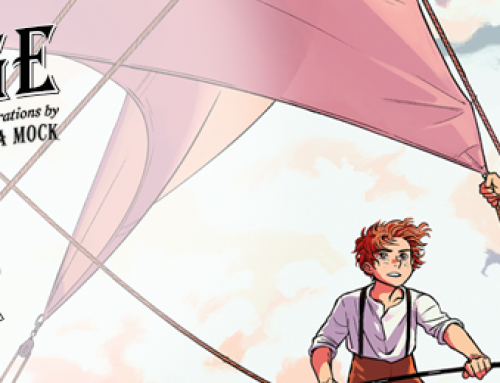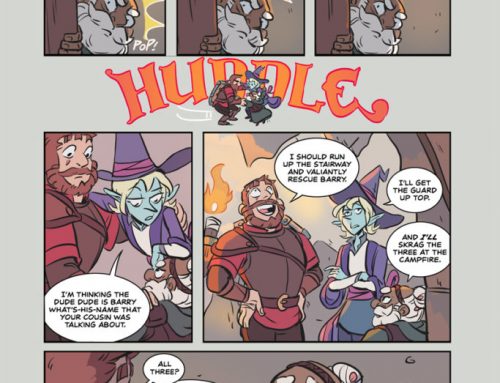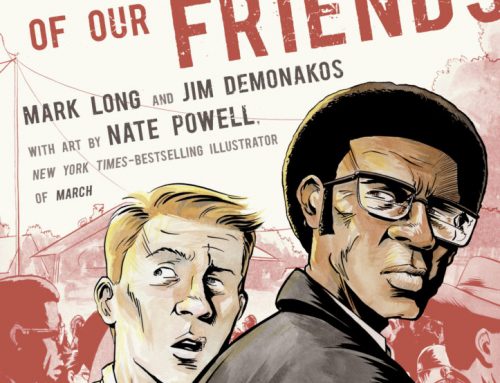test heading
(photo by Britt-Marie Sohlstrom; probably this small child is translating a book right now as we watch him!)
Sometimes our books get picked up by publishers around the world and published in other languages. (You might’ve seen the French cover for Paul Pope’s Battling Boy popping up recently.)
How does that happen?
You will no doubt be surprised to learn — like many other things that are part of the publishing process — that it is complicated.
The first step to selling the translation rights for a book is having a book. Okay — that’s, um, well it’s not easy, it’s in fact pretty excruciatingly difficult, but it is nonetheless what we all do for a living! So yes, done! Books!
The second step to selling the translation rights for a book is telling publishers in other countries about them. This is one of those things that sounds easier than it is and is in fact also exceedingly difficult.
At our parent company, Macmillan Children’s, there are I think at this point four people who work in the Subsidiary Rights department, which handles our translations. They spend a lot of time getting materials from us — finished books and preliminary art and pdfs — and pairing them with book information and author bios and author publication history.
Then they travel around the world — two the two main international book fairs, Frankfurt and Bologna — meet up on our home turf with foreign publishers at fairs like BEA and SDCC and NYCC, and e-mail on a daily basis with our international rights agents who live abroad and have the best sense of which books are right books for which publisher.
It’s a really interesting dynamic for graphic novels — publishers overseas have to look for things that are not just successes in our market, but things that can work in their market. So, teen high school dramas in the US are probably not going to be the best bet for Italy or Germany or France, just because the way that high school works is differently — the reader will spend every page getting thrown out of the story and saying, ‘what do you mean by 12th grade?’ That’s great news for fantastical or science fictional adventure or nonfiction that’s not about America!
And publishers overseas aren’t just looking for the top New York Times Best-Selling books, either. Just like there are editors in the US who are buying books, there are also editors abroad, and what they’re looking for are books that are suited to their particular tastes — full of action or adventure or strong girl characters or historical or zany or poignant or whatnot. Just like in the US, an editor has to fall in love with a book before they’ll decide to publish it in translation. And a foreign publisher can also decide, ‘well, they didn’t make that work in the US, but we’ll make it a success here.’
Then there are contracts! And a lot of things involving file conversions and possible new cover design and translating and re-lettering and all that jazz!
Next: there will be a book in another land!





